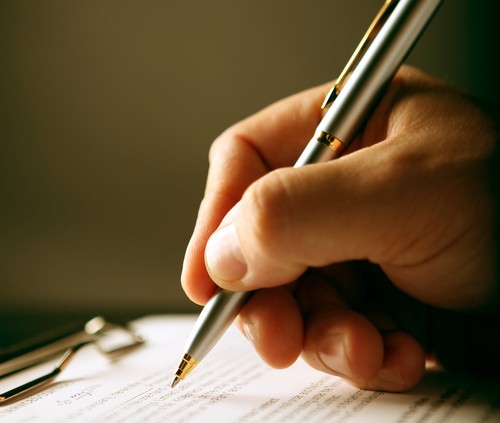Why managers should develop self- reflection
In todays fast moving and highly competitive world economy, managers and leaders need to be highly productive. Given this pressure, they tend to focus on pressing business matters and planning their next move. They tend do be doing a lot, but not taking enough time to think and reflect.
Managers should take enough time to step back and reflect about their work. Or else they might keep operating on “automatic pilot” mode or jump from one opportunity to the next without learning from their experiences. They need time to reflect about the business, and also about their personal behavior.
Self-reflection
Manfred Kets de Vries once said about successful leaders:
“The first thing I look for is emotional intelligence—basically, how self-reflective is the person?” ( https://hbr.org/2004/01/putting-leaders-on-the-couch)
When under pressure, we tend to react to a situation, using old strategies or defensive behaviors that might not be effective and might even turn out to be destructive at times.
Self-reflection helps us to know ourselves better and stand more firmly when dealing with tensions in the work place. It also enables us to learn both from positive and negative experiences and adjust to new situations.
Managers should be able to take some quiet time to reflect on their performance in their work. This could be a specific situation (an important meeting or the completion of a given project) or a more general theme.
Writing a diary
A useful tool to enhance self-reflection is writing a diary. When writing, it’s important to be spontaneous and write down all that comes to your mind.
A diary is something private which you might not wish to share with anyone.
You can write, but also draw, doodle, and add photo’s in it.
Possible questions are:
- What was the situation?
- What was I thinking/feeling at the beginning, and later?
- What did I say or do, was it effective?
- What did the other people say or do, and how did this affect the situation?
- What went well?
- How could I (or the group) do things differently next time?
Useful tips
Given our busy schedules, we might need to make self-reflection a priority in our lives, and make a commitment to this
- Set a time in your schedule for it. Use a reminder
- Jot down key points during the day in your smart phone, which you can use when you sit down and reflect
- Buy a special note book for this, or create a special file on your computer.
- Regularly assess how the reflection is going, perhaps with the help of a coach or a trusted person.
As always, when you are developing a new habit: it might take some time and effort in the beginning, but eventually it will make enhance the quality of your life!



Leave a Reply
Want to join the discussion?Feel free to contribute!